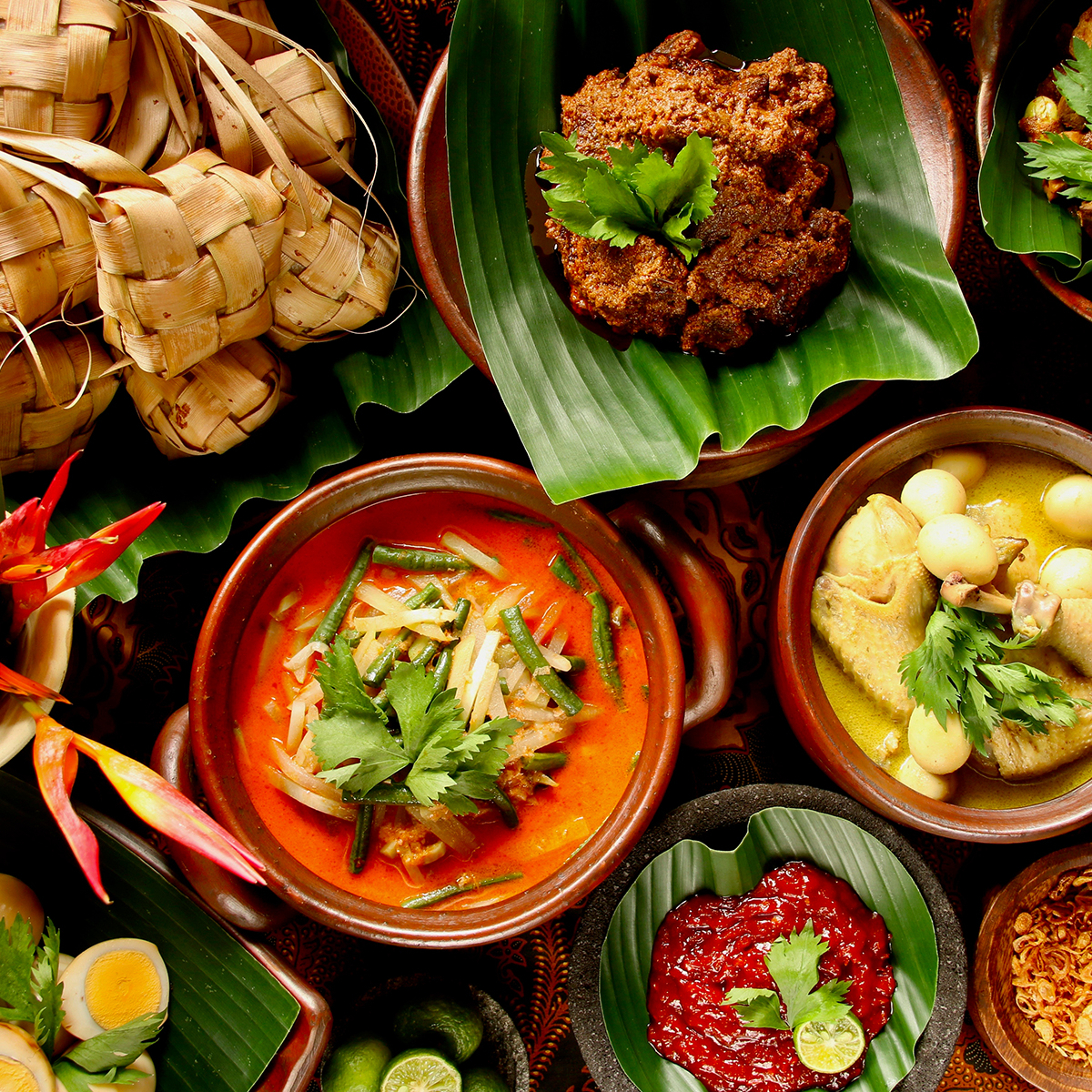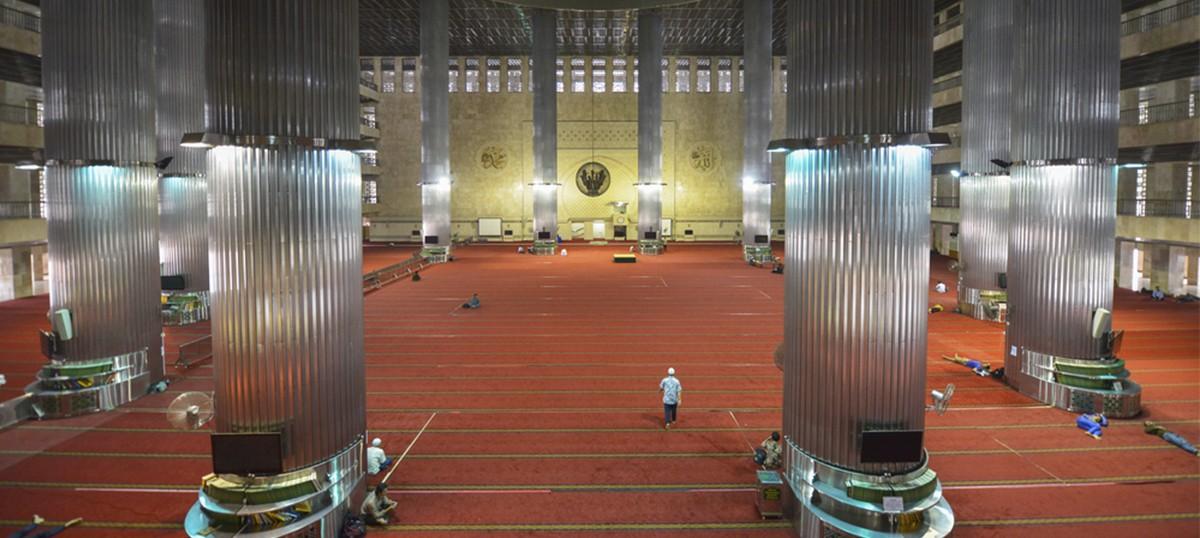When sailing in the Indonesian seas one invariably meets one of these majestic traditional schooners at full sail. These are the Bugis pinisi, - or sometimes written phinisi - that have for centuries plied these waters journeying as far away as Malacca, Burma, Vietnam and Australia. Today one can see these large traditional boats at anchor along the Sunda Kelapa harbor in Jakarta and at the Ujung wharf of Surabaya unloading timber from Kalimantan, or at the Paotere harbor in Makassar, South Sulawesi, or even at the small port of Labuan Bajo on Flores.
The Bugis together with the Mandar, both of South Sulawesi, are master shipbuilders and superb mariners. These pinisi boats have carried the Bugis far across the archipelago and many have further settled on Java, Kalimantan, Sumatra, Papua, and the Nusatenggara islands. The Bugis were not only respected as master seafarers but were also greatly feared as pirates.
In the 18th century when the Dutch colonized their homeland, many aristocrats sailed to Malaya (present day Malaysia) and Kalimantan. The Sultans of Kutai in East Kalimantan and of Johor and Selangor in Malaysia are of Bugis descent. The original Bugis heartland is in Luwu on the Bay of Bone, where in the 13th.and 14th. century thrived a large Bugis kingdom. Here the Bugis great literary work “I La Galigo” was composed that relates the story of the origins of the Bugis in more than 6,000 pages.
The Bugis pinisi of 100 tons to 200 tons today still play a vital role in traditional transport and inter-island trade. In the 19th century Bugis perahus (boats) were loaded with European and Chinese manufactured goods from Singapore carrying these to far away Dobo in the Aru Islands in East Nusatenggara stopping at remote ports along the route. From the Indonesian islands they gathered birds-of-paradise feathers, sandalwood, spices, gold and pepper to sell them at significant profit in Singapore to Chinese and Indian merchants.
Today, the Bugis pinisi carry all sorts of cargo from timber to cement, house tiles, rice, sugar, up to motorcycles and crates of cigarettes to sell these to islanders in the archipelago.
Nowadays also, the Bugis pinisi are refitted to serve as unique traditional live-aboards for divers to pristine locations especially in the eastern Indonesian islands. These sturdy vessels now come complete with cabins, kitchen and toilet facilities to accommodate members of diving expeditions to the Komodo park in Flores and the Raja Ampat national park near Sorong, in West Papua.
The present-day large Bugis pinisi are said to be partly copied from the western schooner of the mid-nineteenth century. The pinisi is a larger version from the former Bugis perahus used, known as the perahu patorani and the padewakang.
The Bugis pinisi today have tall ketch rigs of seven sails, including two topsails and 2 tall masts.
For more information on the Pinisi, and tours offered on this unique Indonesian schooner, click: www.songlinecruises.com.

















